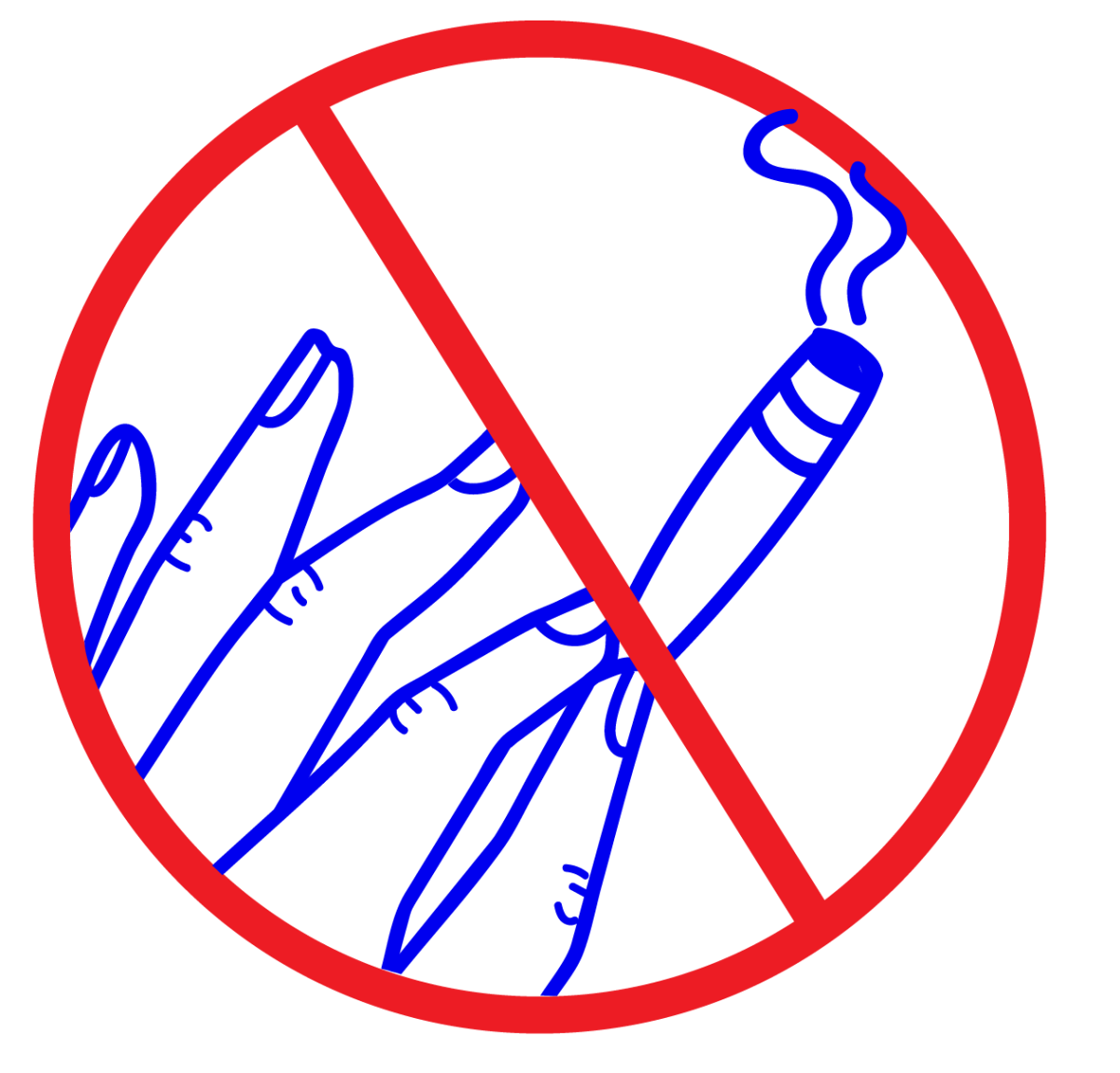North Carolina House Republicans are looking to pass a bill that would make it illegal for anyone under 21 to purchase or receive tobacco products. The bill would cover not only products containing tobacco, but tobacco-related products including vapor products and cigarette wrapping papers.
House Bill 435 was introduced on March 22. Although it has not received a final vote in the General Assembly, the bill has bipartisan support from 10 Democrats and Republicans in the House. The bill passed its first reading in the House on March 23 and is likely to be heard and voted on in the House in the coming months.
Rep. Greg Murphy, Republican from Pitt County, urological surgeon and sponsor of the bill, could not be reached by Technician for comment. However, in an interview with The News & Observer, Murphy expressed that his main goal with the bill was to prevent young adults from smoking.
“North Carolina has a very tobacco-rich history, and it’s helped build the state, but we now know the risks,” he told The News & Observer. “Nicotine is one of the most addictive substances on the Earth, and kids get addicted to nicotine with vaping.”
In the interview, Murphy acknowledged that the bill is at odds with North Carolina’s economic history as one of the world’s largest producers of tobacco, but he stands behind it. He believes this issue is more important and doing what he sees is necessary in fixing it.
“If I was not helping lead the charge to have a healthier life for the citizens of North Carolina, I would not be doing my job,” Murphy said.
If passed, HB 435 would go into effect gradually over the next few years. Therefore, anyone who is at least 18 years old on Jan. 1, 2018 would still be allowed to purchase and receive tobacco-related products. Active-duty members of the military would also still be able to buy tobacco products at the current standard age of 18.
Local owners of two shops on Hillsborough Street that specialize in tobacco products gave their perspective on the bill. George Hoffman, owner of Pipes by George, said that he understands why state representatives would want to pass the law, but, ultimately, he disagrees with it. He also said that the law would get in the way of people making their own decisions about smoking.
“I’m all for less government intervention,” Hoffman said.
Hoffman also said that although he would abide by the law, he believes it would ultimately be ineffective at preventing those under 21 from smoking.
“Kids with parents in the military can just use their parents’ ID,” Hoffman said. “Kids will always find a way around it. I understand they mean well, but I respectfully disagree with [the bill].”
Omar Syed, owner of Good Guy Vapes, echoed this sentiment. Although he said he respects the point of the bill in preventing young people from smoking, he also disagrees with the bill and thinks it would be ineffective.
“I don’t think it would stop kids from smoking,” Syed said. “They would just do it illegally, rather than legally. I think that’s the human nature of a young person that wants to smoke. As a vape store owner, it’s definitely not a good idea, because then I would lose some customers and it would decrease my sales, but as far as the bigger picture, to prevent kids from smoking, yeah, I guess that works. If it passes, I’ll abide by it. If it doesn’t pass, great.”
Although Syed expressed hesitation with the bill, he said he does not believe the bill will affect the economy of North Carolina as a whole.
“A lot of our customers are 21,” Syed said. “We do have some 18 to 21, but not to the point where it would affect the economy. I don’t think that one small aspect would affect it.”
Will Glasscock, a senior studying electrical engineering, believes that while the bill may not prevent college students from gaining access to smoking products, it may help reduce the access of high-school students.
“Right now, a lot of high-schoolers have friends who are 18 and can buy them cigarettes, and that’s how they get access to them,” Glasscock said. “But if the smoking age is raised to 21, a lot of high school students may not have access to tobacco products simply because [fewer] high schoolers know someone who is 21.”
Julia Rosenblatt, a sophomore studying nutrition, said she believes that if the drinking age is 21, it makes sense that the ability to buy tobacco products and smoke should be 21.
“They’re both super harmful, and I would argue that tobacco probably hurts more,” Rosenblatt said. “Although, the downside would be it’ll probably be another alcohol situation where more kids get this stuff illegally.”
If approved by the House, the bill will move on to the Senate for ratification.








